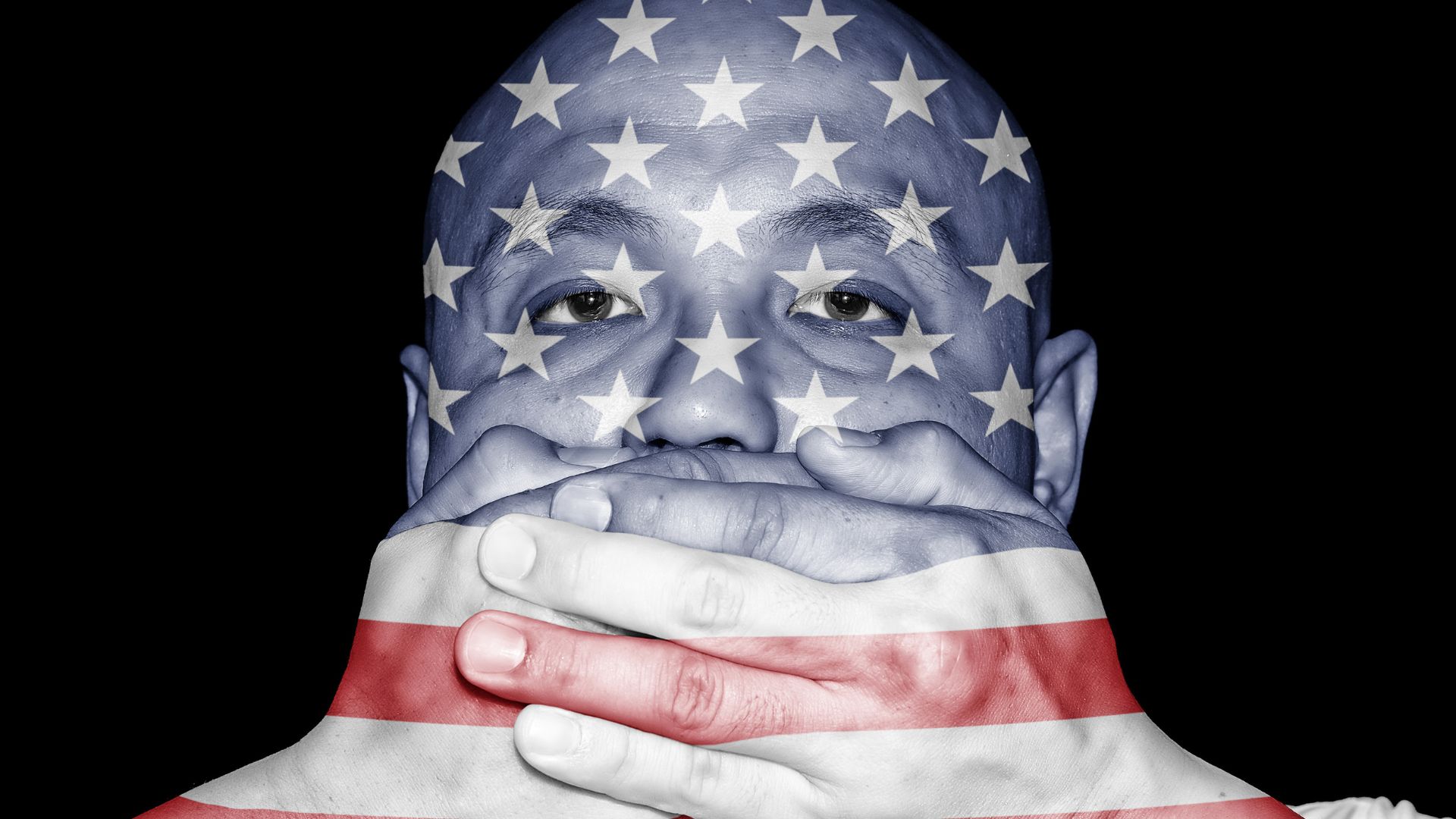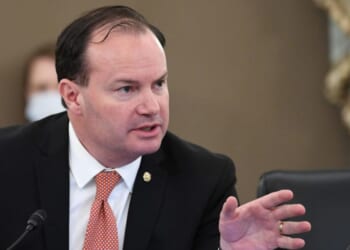
The House Judiciary Committee released an interim staff report on Friday accusing the now-defunct Global Alliance for Responsible Media (GARM) and its parent organization, the World Federation of Advertisers (WFA), of working with foreign governments and multinational corporations to pressure social media platforms to suppress political speech in the United States.
The committee’s findings allege that GARM aimed to silence then-former President Donald Trump and restrict speech from his supporters following Elon Musk’s 2022 acquisition of Twitter, now known as X.
The 78-page report outlines what the committee describes as collusion between GARM, foreign regulators, and corporate advertisers.
Trump’s Sovereign Wealth Fund: What Could It Mean For Your Money?
It includes emails and internal documents indicating that officials from the European Commission and Australia’s eSafety office collaborated with GARM leadership to push for content regulation and advertising boycotts targeting U.S. political views.
According to the committee, GARM attempted to influence advertising decisions across digital platforms under the guise of “brand safety,” but in practice, the group sought to “suppress disfavored viewpoints and manipulate online discourse.”
The report stated, “GARM attacked the ability of Americans to access relevant advertisements and online content under the misguided banner of brand safety.”
GARM was dissolved in 2023, shortly after the Judiciary Committee’s initial report triggered a lawsuit from Twitter (X) accusing WFA, GARM, and several major advertisers of antitrust violations. The organization had been under congressional investigation since spring 2023.
This Could Be the Most Important Video Gun Owners Watch All Year
A WFA spokesperson, based in France, said the group would respond formally to the latest committee report by Tuesday.
The Federal Trade Commission (FTC) also recently imposed conditions on Omnicom’s $13.5 billion acquisition of The Interpublic Group. The FTC’s June 23 consent decree prohibits Omnicom from directing ad spending based on “political or ideological viewpoints,” using exclusion lists to block certain publishers, or encouraging third parties to do so on its behalf.
FTC Chair Andrew Ferguson referenced the Judiciary Committee’s allegations in his statement, saying they “paint a troubling picture … that the group sought to marshal its members into collective boycotts to destroy publishers of content of which they disapproved.”
The committee report revealed emails showing that after Musk took control of Twitter, GARM leaders viewed the platform’s policy changes as a threat. In one communication dated Nov. 2, 2022, a WFA official told GARM co-founder Robert Rakowitz that the European Commission was “very keen to hear our perspectives on Musk Twitter acquisition.”
Rakowitz replied in subsequent emails that GARM should “line up together around a shared agenda” with regulators.
He told Australian eSafety Commissioner Julie Inman Grant, “My main thing is I need to see Trump and denials effectively sidelined but I am afraid the contagion is too widespread.”
In another message, Rakowitz informed WFA CEO Stephan Loerke that Twitter was no longer compliant with GARM standards and posed “real risks.”
He added, “I have navigated the situation as best as we can in terms of our anticompetitive statutes and have gone as close as possible as we can to saying ‘it is unsafe, cease and desist.’”
The report also includes earlier documents showing GARM knew its censorship agenda was unpopular with U.S. consumers.
A 2020 Gallup poll cited by Rakowitz showed that 66% of Americans valued freedom of speech over the risk of encountering harmful content.
Despite this, GARM sent a letter to Twitter, Facebook, and Google on July 1, 2020, demanding they “eliminate content that is hateful, denigrating, or discriminatory on all digital platforms.”
House Judiciary Chairman Jim Jordan (R-OH) has not ruled out further legislative or legal actions based on the findings.
The report concludes that GARM’s actions may violate U.S. antitrust law and that the group’s attempt to suppress political speech raises serious constitutional concerns.
The FTC has not yet finalized its ruling on the Omnicom consent decree, which remains open to public comment.
One commissioner was recused from the vote, leaving the final decision pending.
The committee’s investigation is ongoing.

![Global Advertisers Teamed Up With EU, Australia to Mute Trump [WATCH]](https://www.right2024.com/wp-content/uploads/2025/07/Global-Advertisers-Teamed-Up-With-EU-Australia-to-Mute-Trump-750x375.jpg)
![Man Arrested After Screaming at Senators During Big Beautiful Bill Debate [WATCH]](https://www.right2024.com/wp-content/uploads/2025/06/Man-Arrested-After-Screaming-at-Senators-During-Big-Beautiful-Bill-350x250.jpg)














